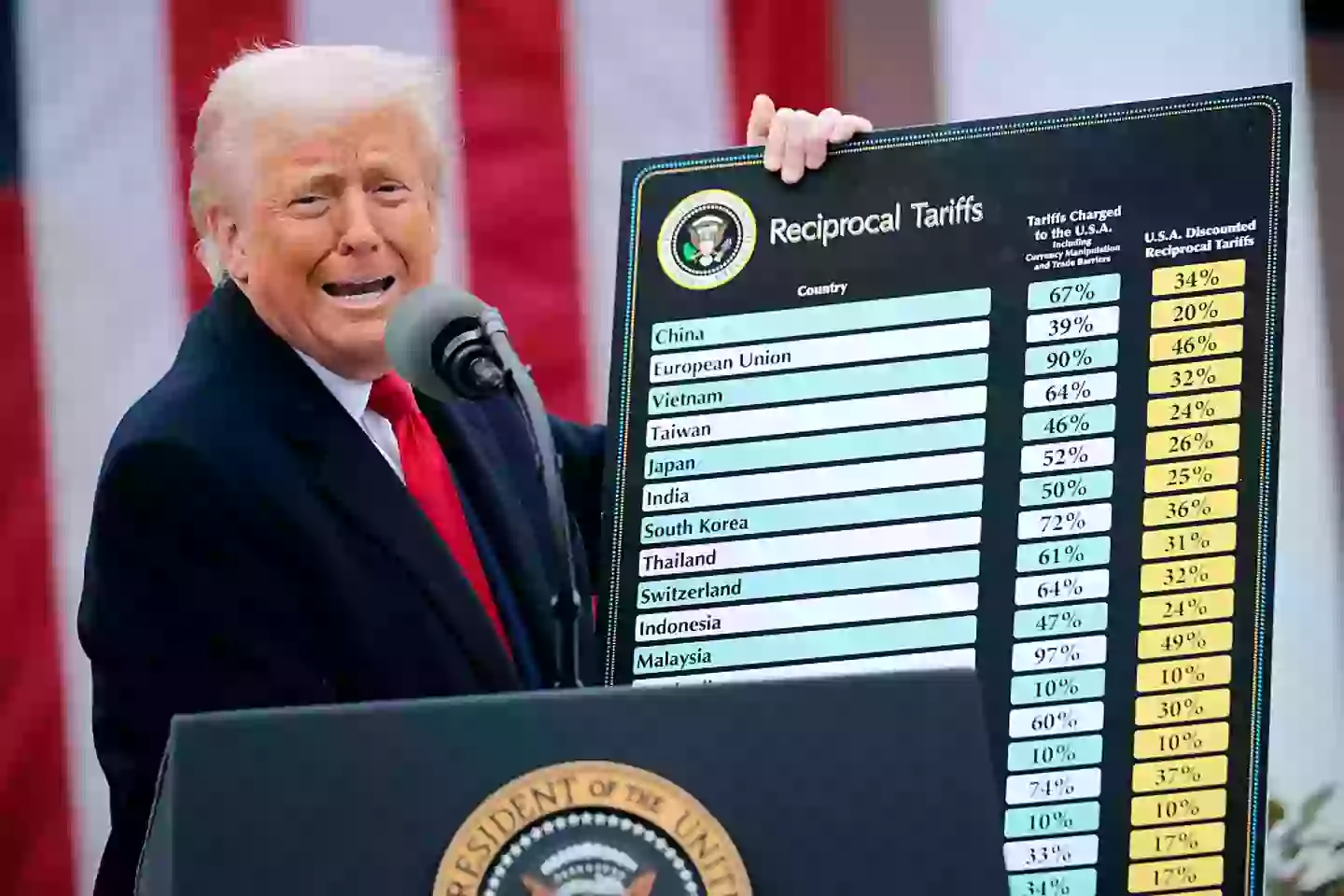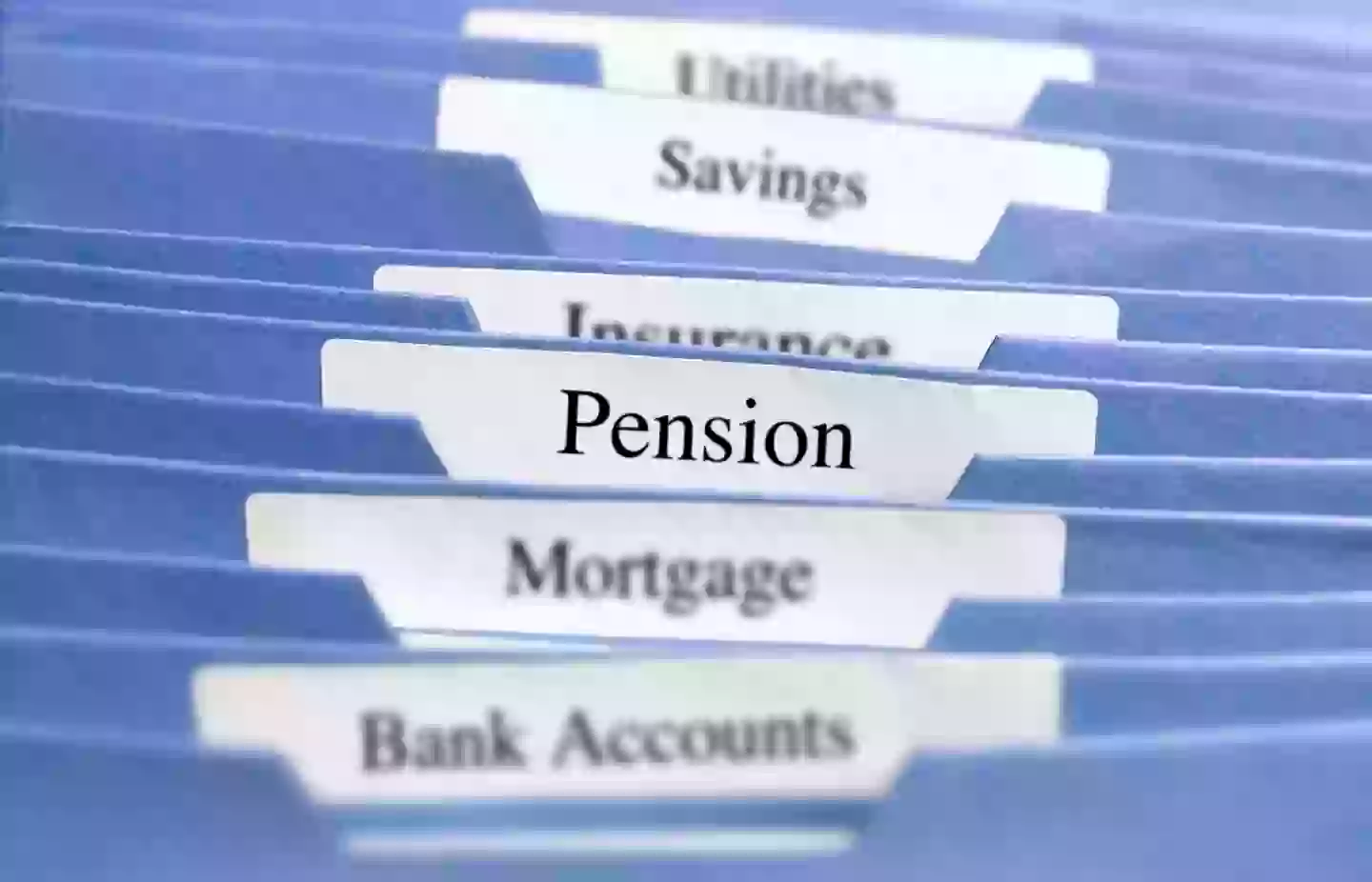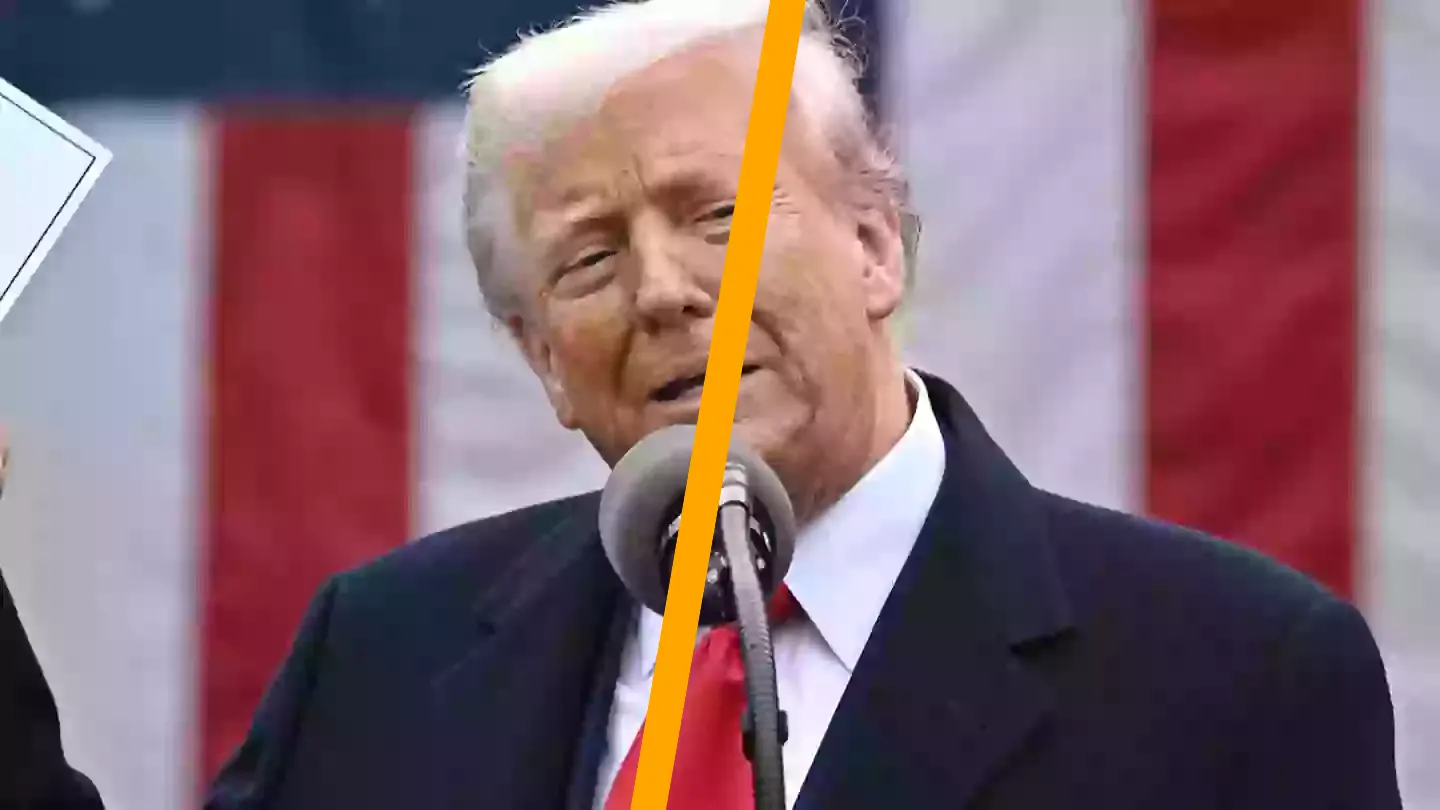The recent imposition of higher taxes on foreign products by the United States could significantly affect the financial savings of Americans, causing concern among financial advisors.
President Donald Trump designated April 2 as ‘Liberation Day,’ declaring that American workers would no longer be “ripped off” and aiming to reduce the country’s reliance on foreign imports.
To this end, he announced a set of tariffs targeting imported goods from various countries. The announcement came with a “retaliatory tariffs” chart from the White House Rose Garden, outlining the tax increases for each country.

For instance, products from the European Union will face a 20 percent tariff, UK imports will see a baseline increase of 10 percent, and some may encounter a 50 percent levy.
As these measures intensify the ongoing ‘trade war’, other nations are expected to respond with their own tariff increases on U.S. products. Canada has already hinted at potential retaliatory actions.
Economists predict that these escalating tax measures could unsettle stock markets and impact the economy, placing the financial burden on American consumers for goods ranging from groceries to automobiles. Historically, such tariff increases have not fared well for the U.S.
Adding to the complexity, financial advisors are now advising those nearing retirement to proceed cautiously as global stock markets are reacting to the tariff shock, according to the Financial Times.
Within less than a day, global stocks experienced a decline on April 3, with Futures following the S&P 500 and the Nasdaq dropping by 2.8 percent and 3.3 percent, respectively.
The S&P saw a five percent decline in the first quarter of the year, marking its worst performance since 2022, while the Nasdaq Composite dropped by 10 percent due to company stock issues, such as those experienced by Tesla, as reported by Business Insider.

This decline has affected some stock market investments and could jeopardize retirement plans.
Peter Ricchiuti, a finance professor at Tulane University’s Freeman School of Business, commented on this situation: “For the small investor, the decline in value will be devastating, particularly for retired baby boomers.”
He further highlighted that the new tax hikes have created challenges for business decision-making.
“The worst part of all this is that these economic wounds are self-inflicted,” he added.
Georgia Taylor, founder of Tailored Wealth, stated to FT that the tariffs have led to “market volatility, impacting pension values.”
She advised long-term investors to remain steady, while those nearing retirement should closely monitor the situation and plan accordingly.
However, Dan Brent of DFB Wealth advised against panicking.
“The media will portray tumbling or plunging investments and it is the job of us financial planners to help our clients to drown out the noise,” he said. “For those looking to retire soon, it might be that one holds off accessing pension benefits in the very short term, however this will pass, so enjoy the sunny weather, stick to your plan and don’t read the newspapers.”
Seán Standerwick, director of MLP Wealth, concurred, emphasizing: “It is important to not be emotional, not overreact and stick to the long-term plan.”

